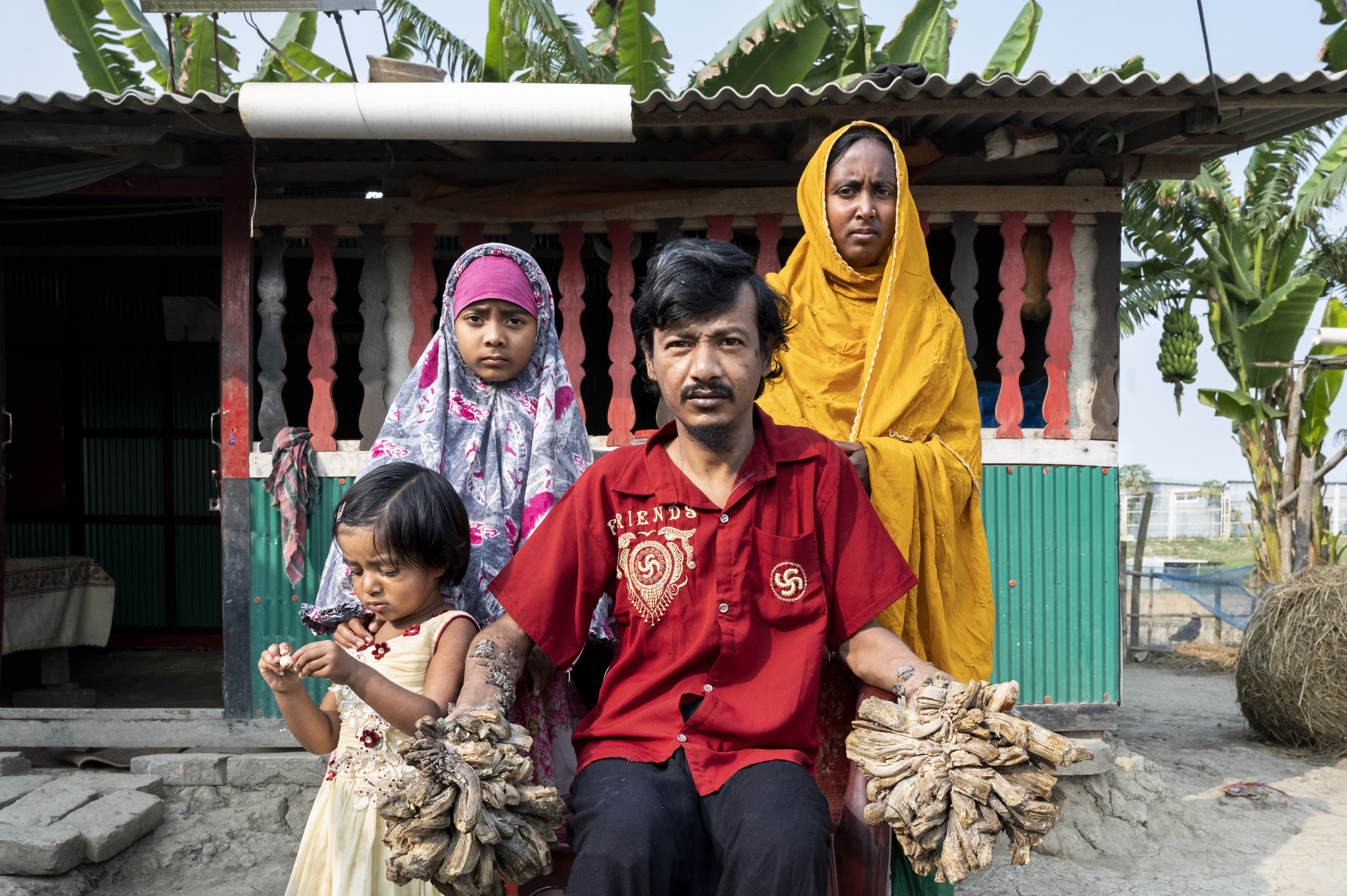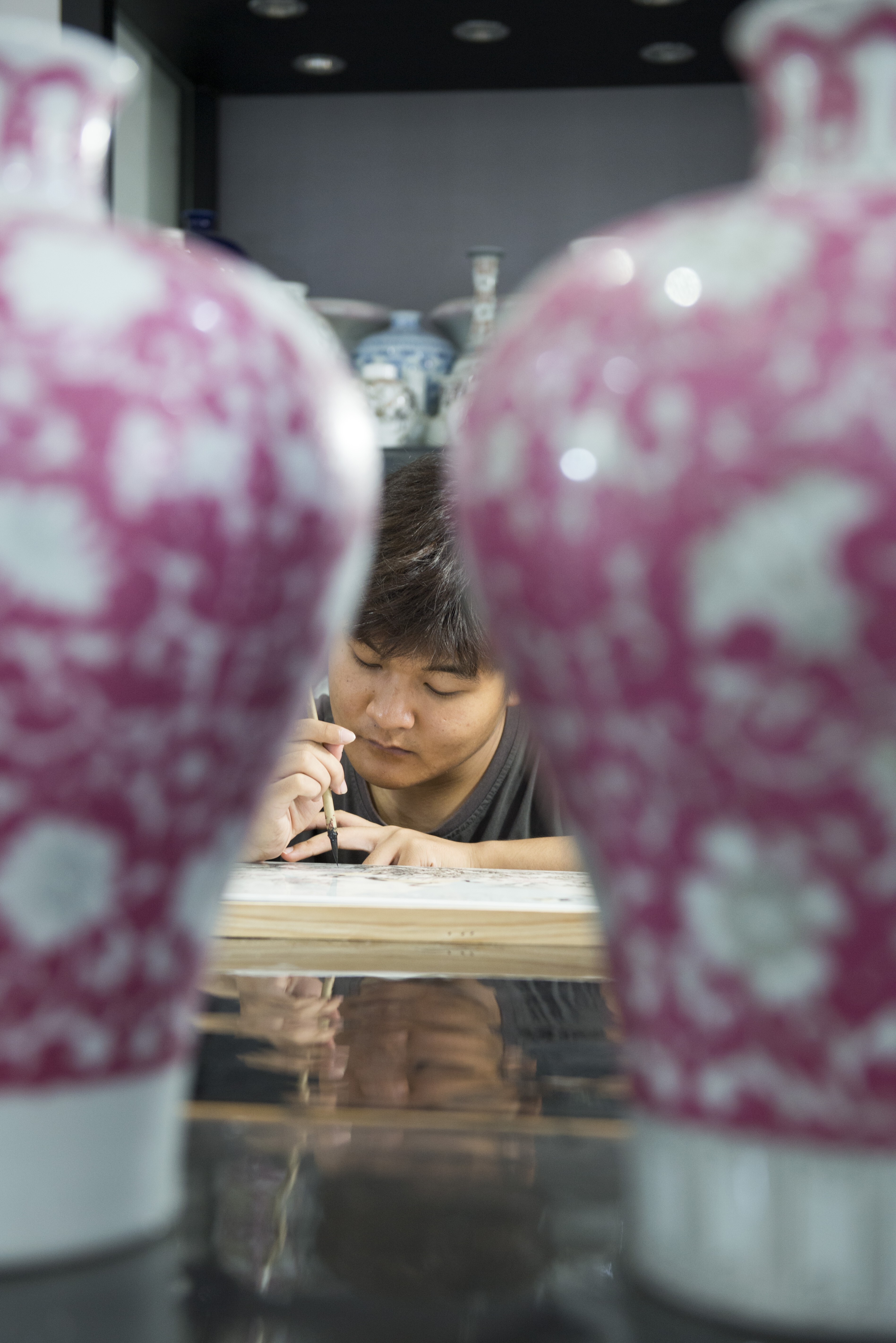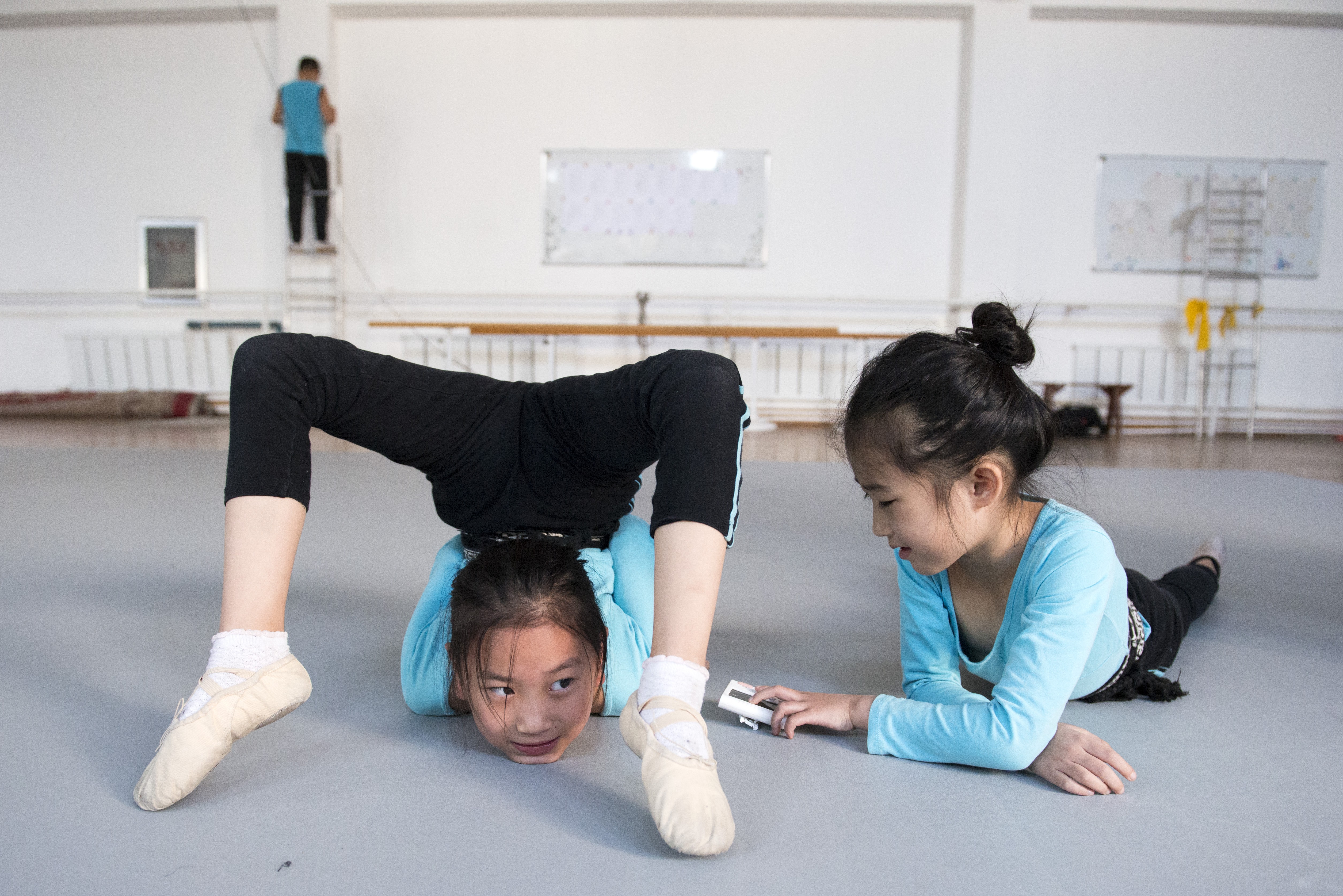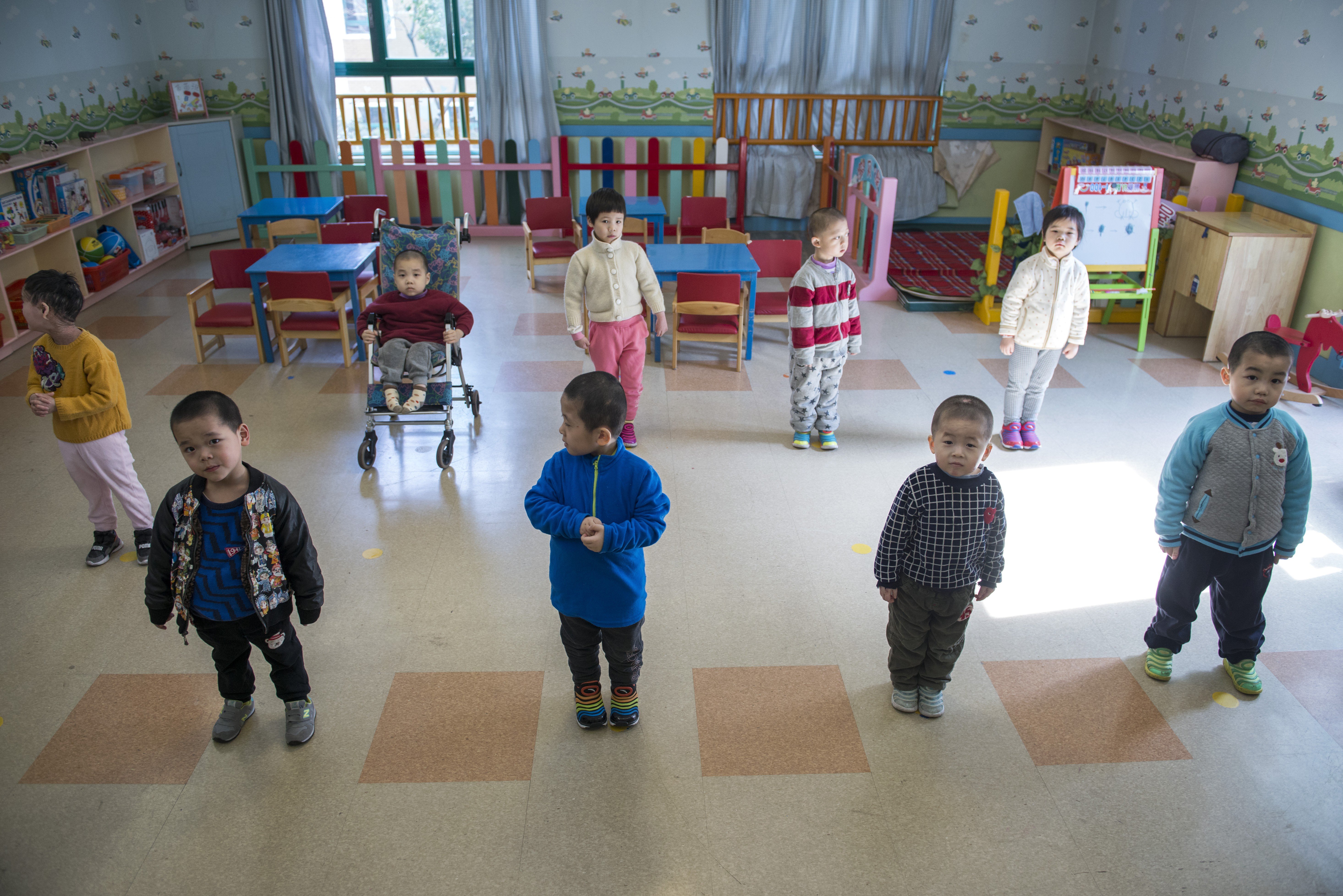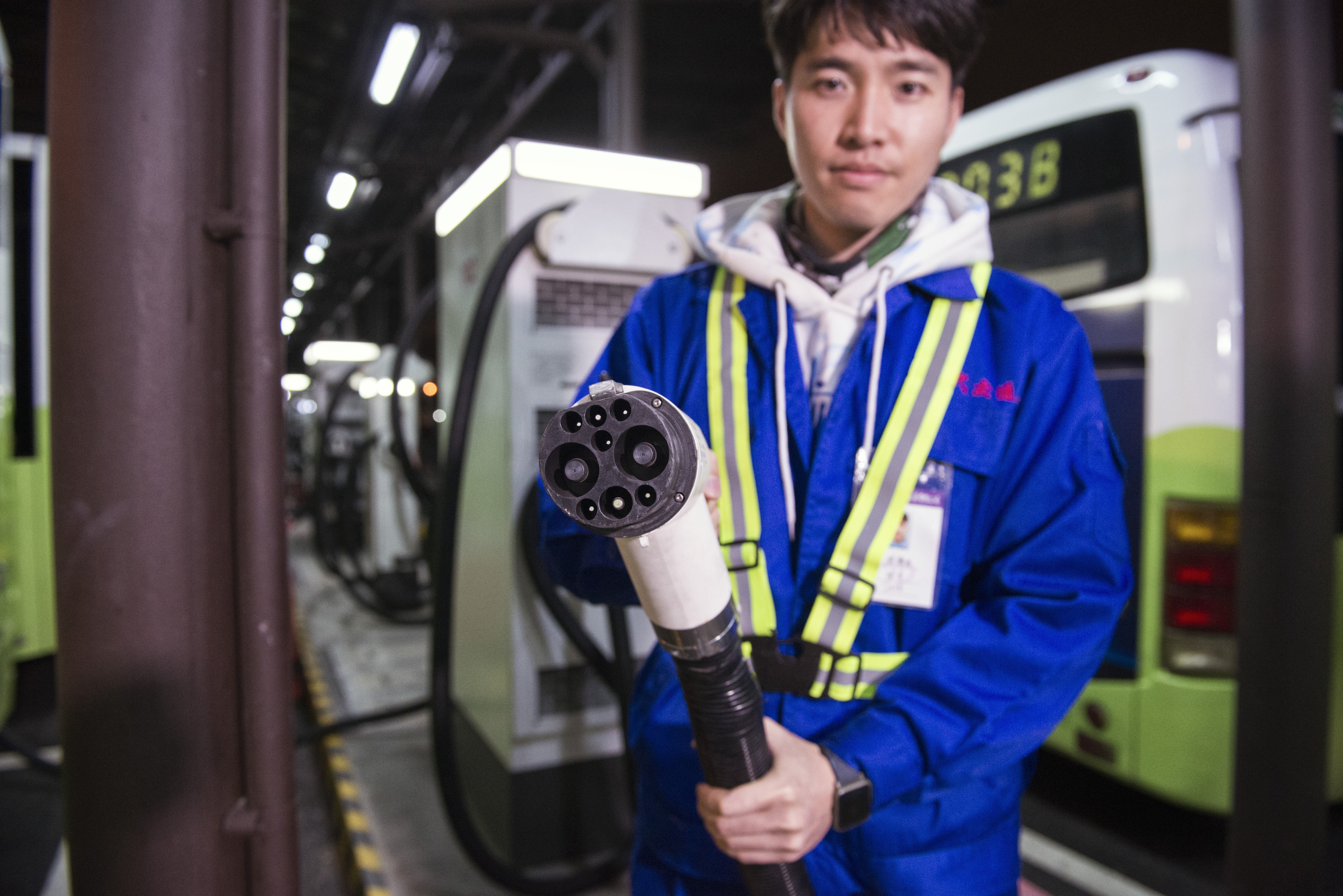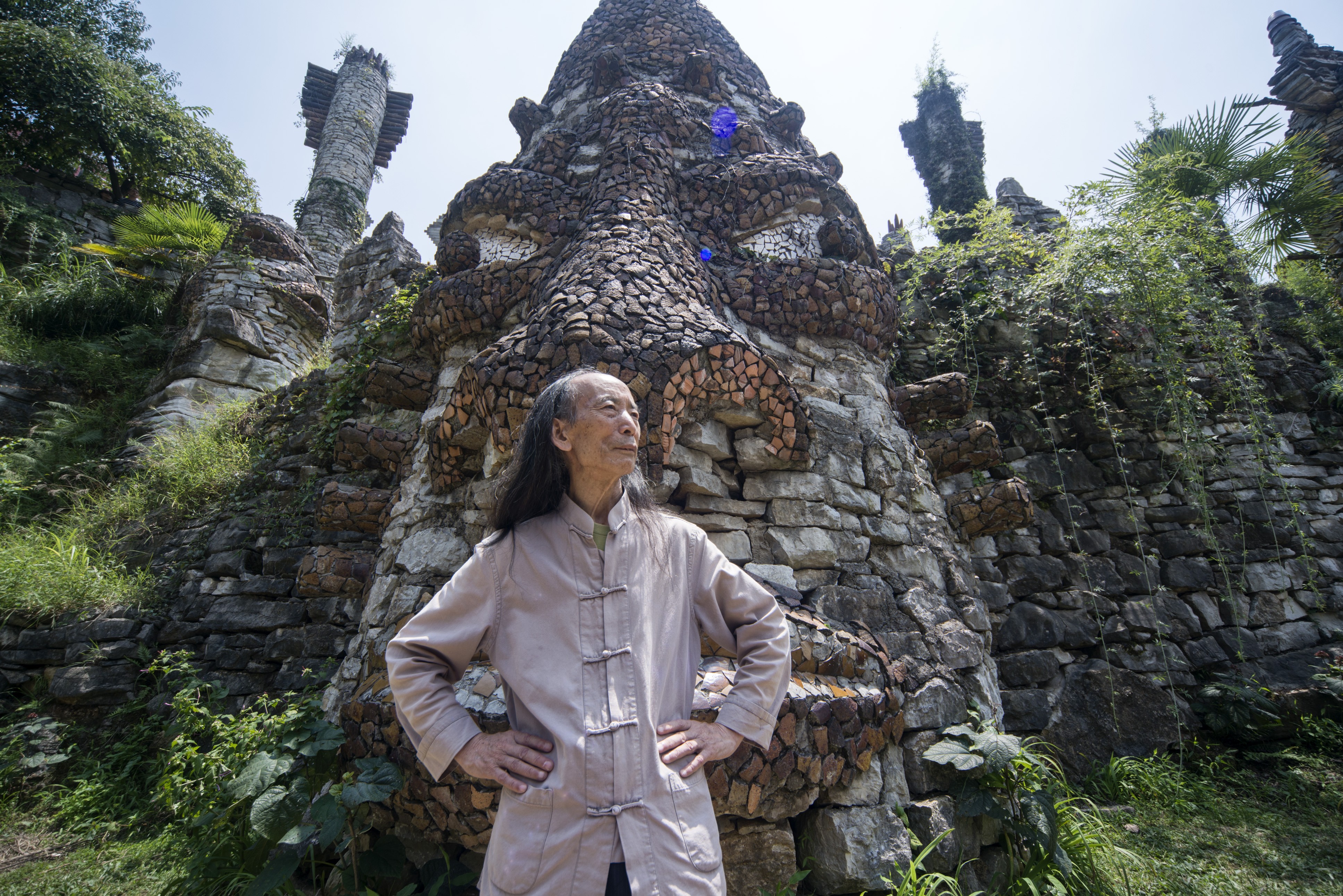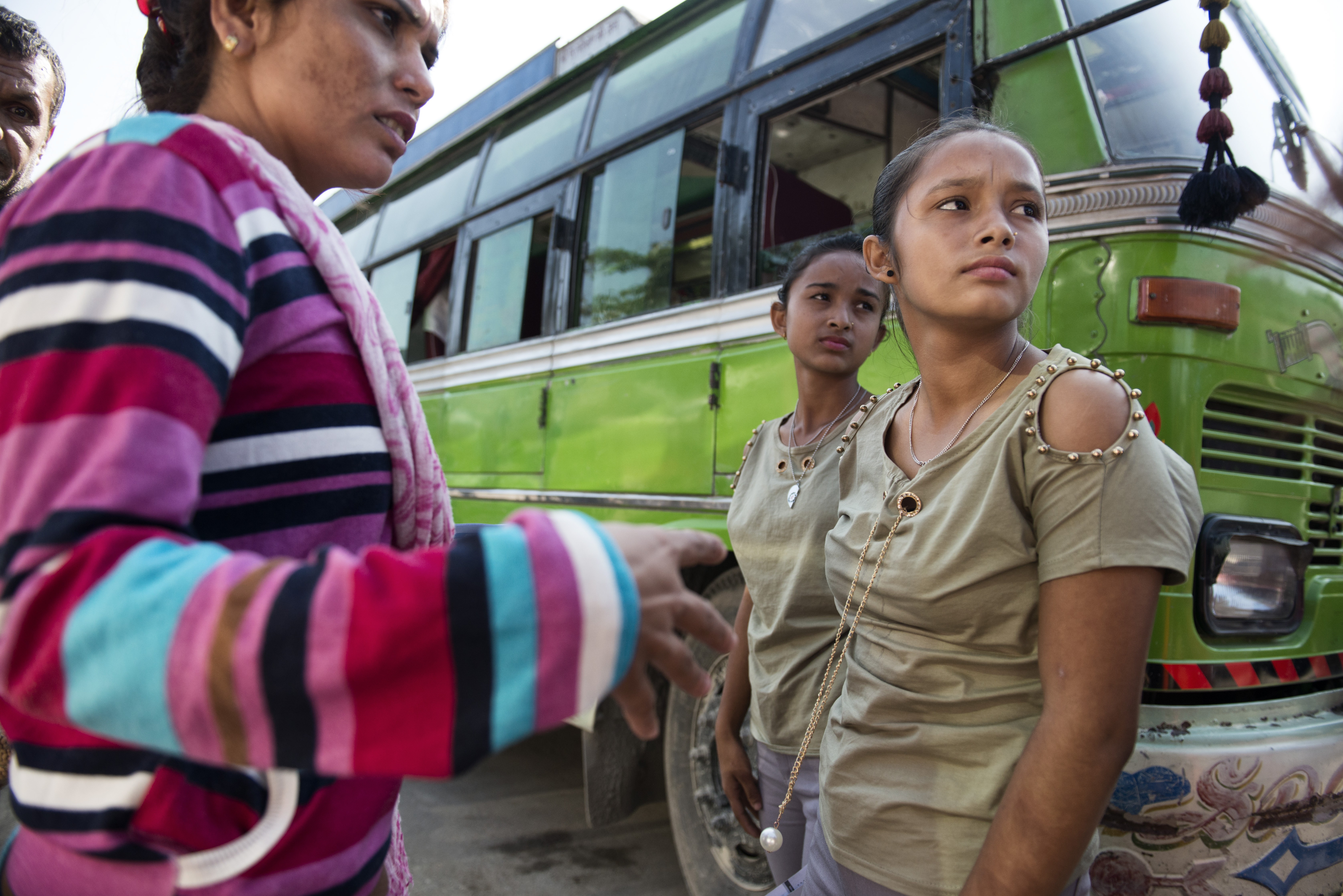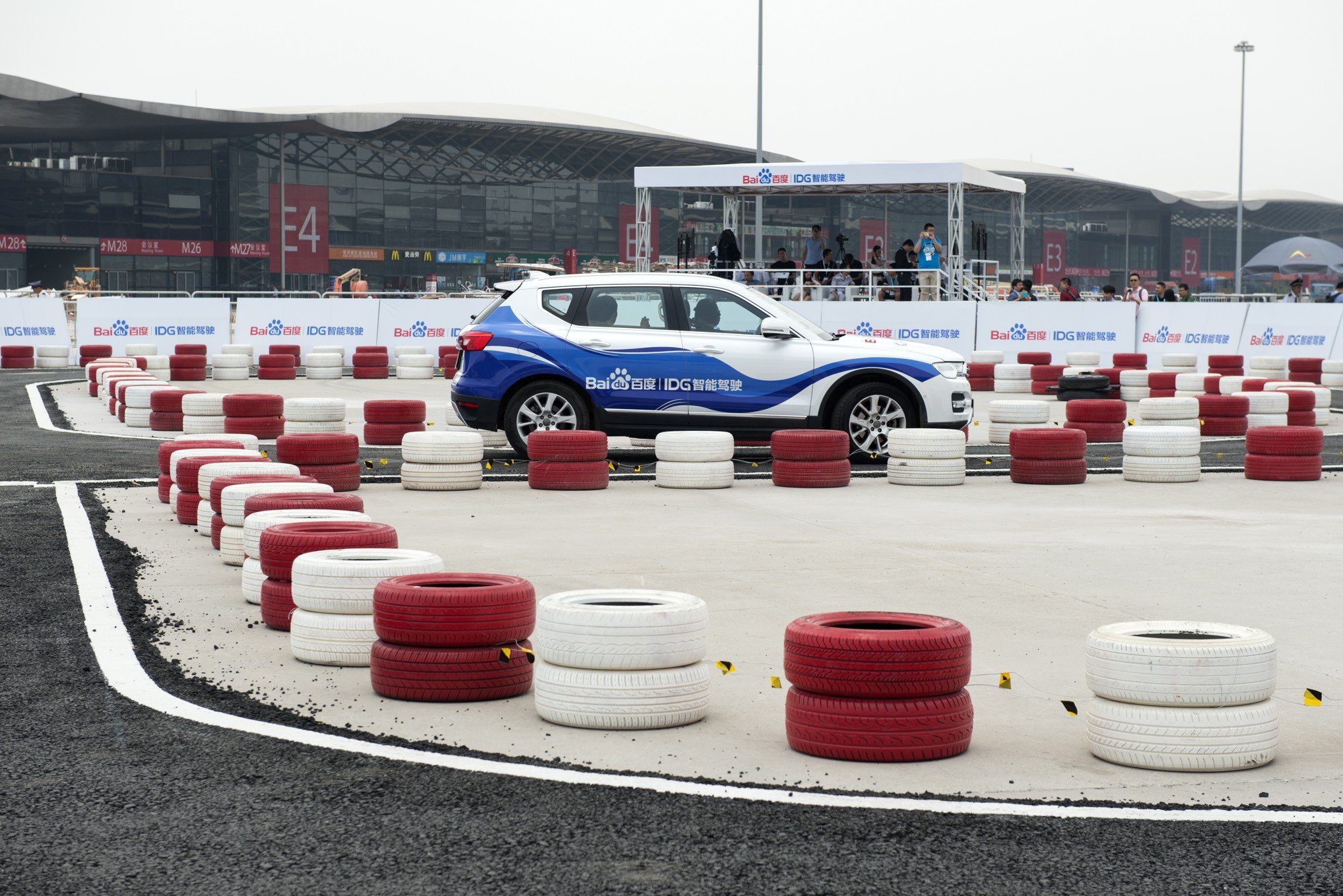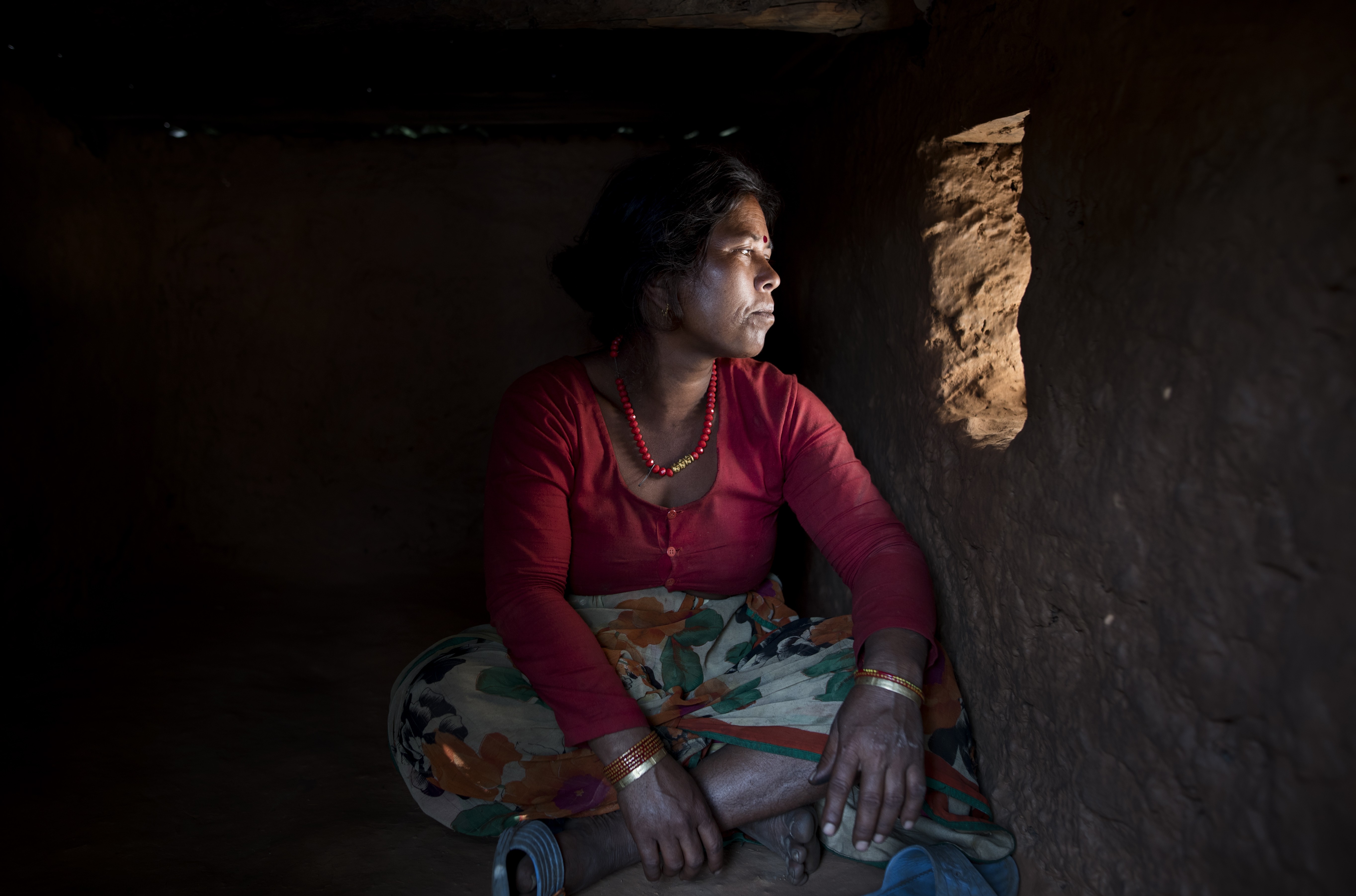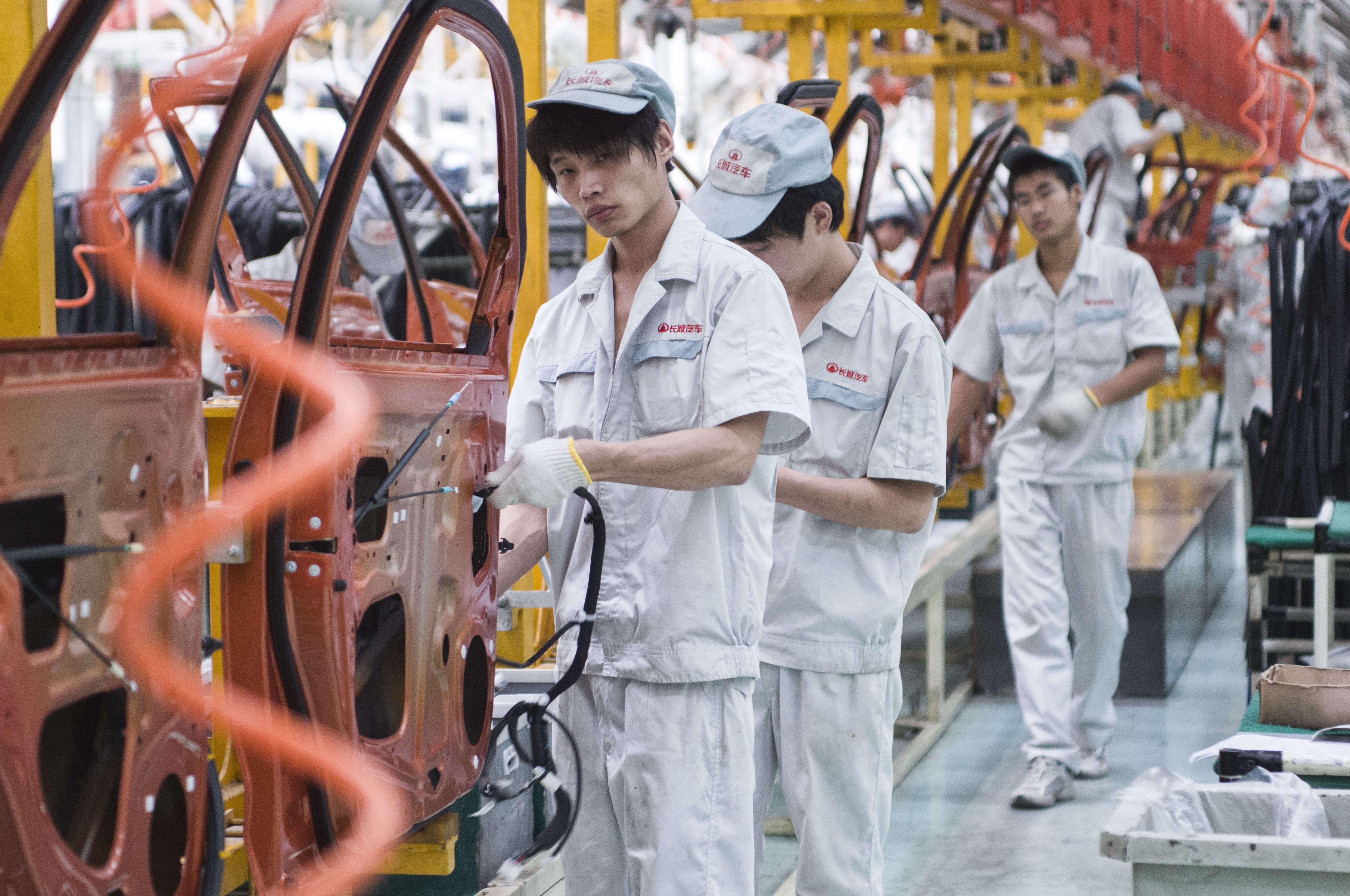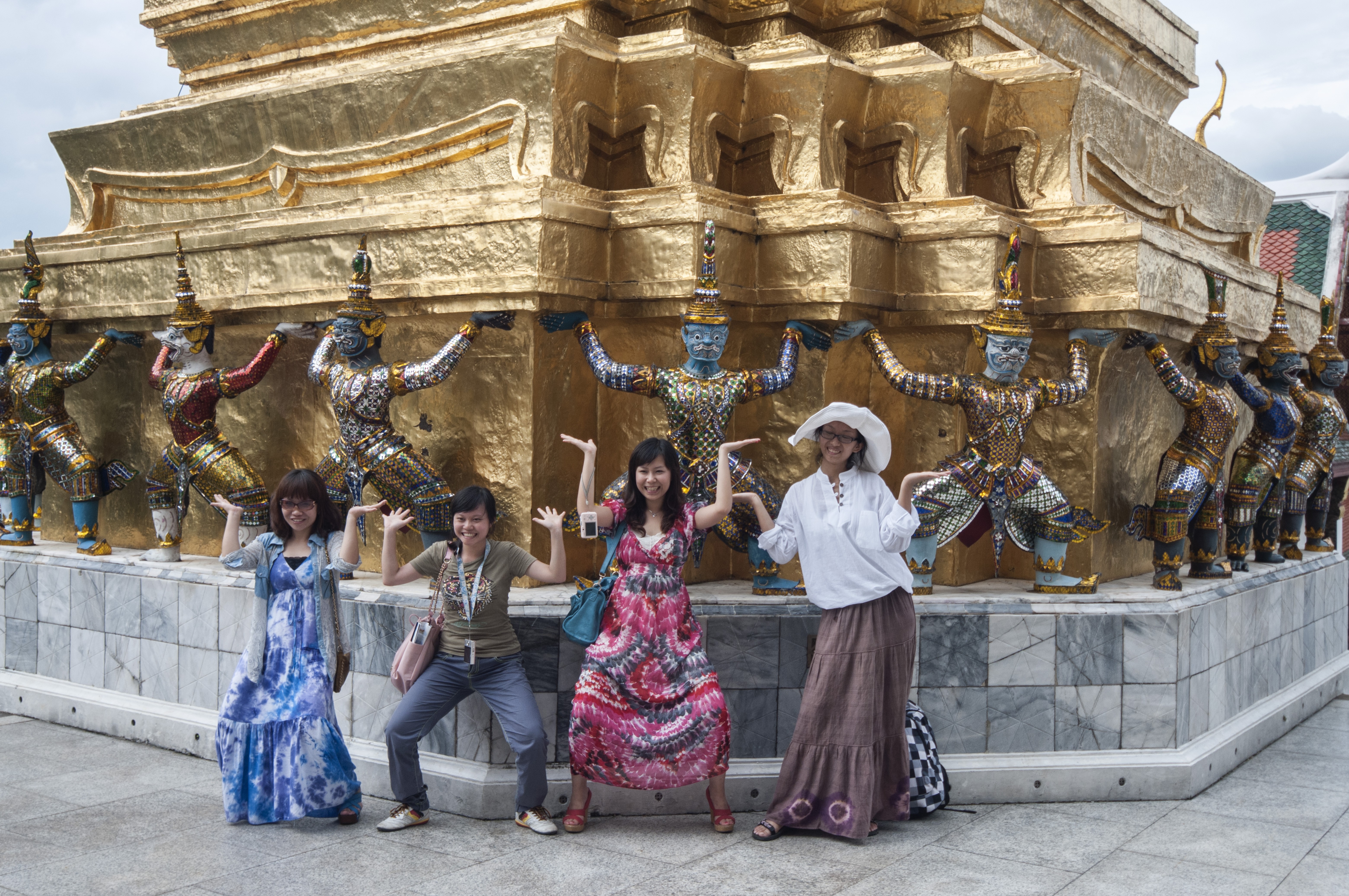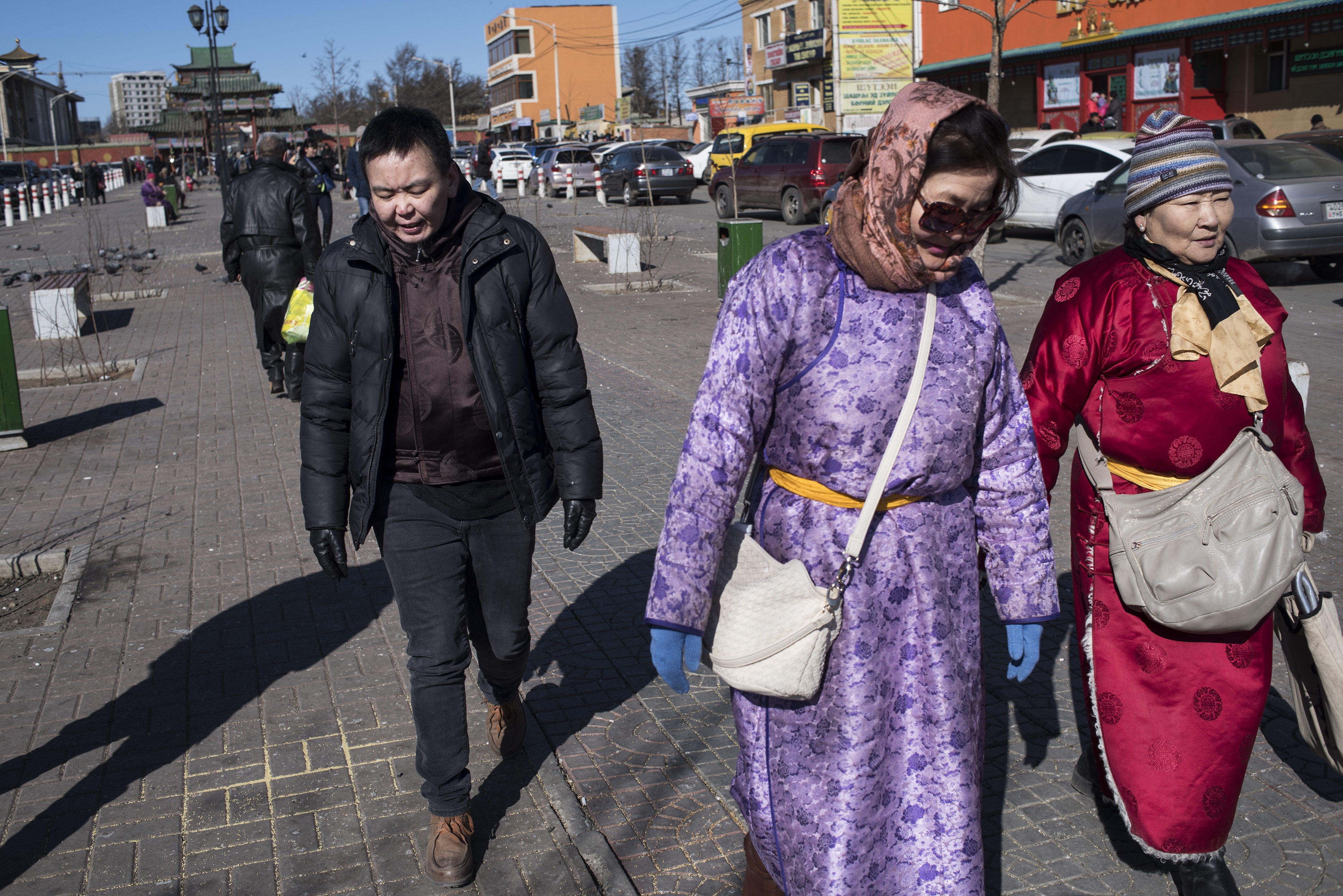Advertisement
Advertisement

Zigor Aldama
Zigor Aldama is an award-winning journalist from Spain. Focused on social issues, he's been covering Asia from China since 1999. He lives in Shanghai and his work is currently published in Spanish by the newspapers of Vocento group and El País.
After his story went global, Bangladesh’s ‘tree man’, who has an extremely rare disease, was able to get treated and hold his daughter for the first time. Then his warts grew back bigger than ever.
Jingdezhen, in Jiangxi province, has been producing exquisite handmade porcelain artworks for two millennia, but can its ancient techniques compete in a changing market?
With numbers falling, the nation’s acrobatics schools – once a ticket to see the world – are struggling to compete in an increasingly affluent society, as a visit to the Shenyang Acrobatic Troupe School shows.
In the usually sleepy Alicante town of Ibi, all hell breaks lose every December 28, as local men wage an epic, smelly battle.
Advertisement
For the country’s nomadic herders, finding land on which to graze their ever larger herds is becoming more difficult as climate breakdown means moving camp up to 30 times a year.
Transgender rights across South Asia are being addressed. Societal shifts occur more slowly, however, and discrimination remains a daily reality for the subcontinent’s hijras.
Bayarjargal Agvaantseren roused local communities and politicians to prevent mines destroying the magnificent mountain cat’s habitat – home to a population of snow leopards that is the world’s second largest after China.
They weren’t an overnight success at home, but YouTube has helped the band win over their fellow countrymen just as they prepare to conquer Europe.
A 1995 British documentary brought the plight of Chinese orphans to the world’s attention. Post Magazine visits the Shanghai Children’s Welfare Institute to see how the level of care, and the youngsters’ needs, have changed.
A new world order is coming, driven by Chinese companies such as DeepBlue Technology, a leader in robotics and artificial intelligence. But as machines replace humans, what lay ahead for the human species?
With more than half of its buses now electrified, Shanghai is racing to join Shenzhen, which now boasts the world’s first fully electric bus fleet.
There’s no stemming the tide of tech-savvy Chinese tourists sweeping the globe, and nowhere else is it more apparent than at Ctrip, China’s largest online travel agency.
After studying overseas and cresting the Silicon Valley wave, Jane Sun returned to China, where she now helms the nation’s largest online travel agent and advocates for gender equality
In candid interview, Pascal Lamy says arrested Huawei CFO is the victim of ‘odd’ and ‘wrong’ extraterritorial sanctions
Aisholpan Nurgaiv, the first female to enter – and win – the world’s top contest for eagle hunters, has inspired other young ethnic Kazakh women to venture into an arena long dominated by men, not all of whom welcome their new rivals
We breach a cordon of Chinese soldiers to learn the secrets of Kweichou Moutai, top producer of China’s most famous liquor, and learn of ambitions to put it on a par with whisky and vodka and make it a symbol of Chinese culture.
Aged 78, Song Peilun has created a hidden utopia on a hillside in Guizhou province, where commercial endeavours are kept at bay and art and indigenous culture thrive
Effective border monitoring is saving thousands of rural women and girls from being tricked into modern-day slavery
Despite the country building world-class infrastructure and employing some of the best foreign coaches, China’s footballers have yet to become world beaters, with players born under the one-child policy lacking cooperation skills.
Trial operations of autonomous buses and cars in Shanghai and Beijing highlight desire to steer automotive-tech revolution
Women give heartbreaking accounts of the sacrifices they make – and the dangers they face – toiling abroad to support families at home
Last year, Nepal announced a ban on chhaupadi – the age-old tradition of exiling women to huts during menstruation – but authorities face an immense challenge in implementing the new law when it comes into effect in August
Despite international pressure to stop the extrajudicial killings and the police touting more transparency in their operations, the daily slaughter continues in Manila’s poverty stricken neighbourhoods.
While the ‘Made in China’ label has long held negative connotations, the newly embraced ‘Created in China’ designation celebrates a nation that is blazing a trail in manufacturing, technology and the new economy
Zhu Long, co-founder of company whose facial-recognition algorithms have logged 1.8 billion faces and caught criminals across China, says artificial intelligence will change the world more than the industrial revolution
Their families worry they won’t find husbands but Delhi’s determined young kushti fighters are putting the sport first
135 million travellers a year, spending US$261 billion – numbers that will soon be smashed: Chinese tourists are having a huge impact on destinations everywhere, which welcome the money they pay but not always their ways
We find out if it’s possible to live in Shanghai without paper money or bank cards and discover how online payments have dethroned cash as king in digital revolution that’s being led by two big players – Alipay and Tenpay
What it takes to run one of the busiest, safest, most punctual and affordable subway systems on the planet
Activists and members of LGBTI community are demanding to be heard in the land of Genghis Khan, a nation that used to be tolerant

